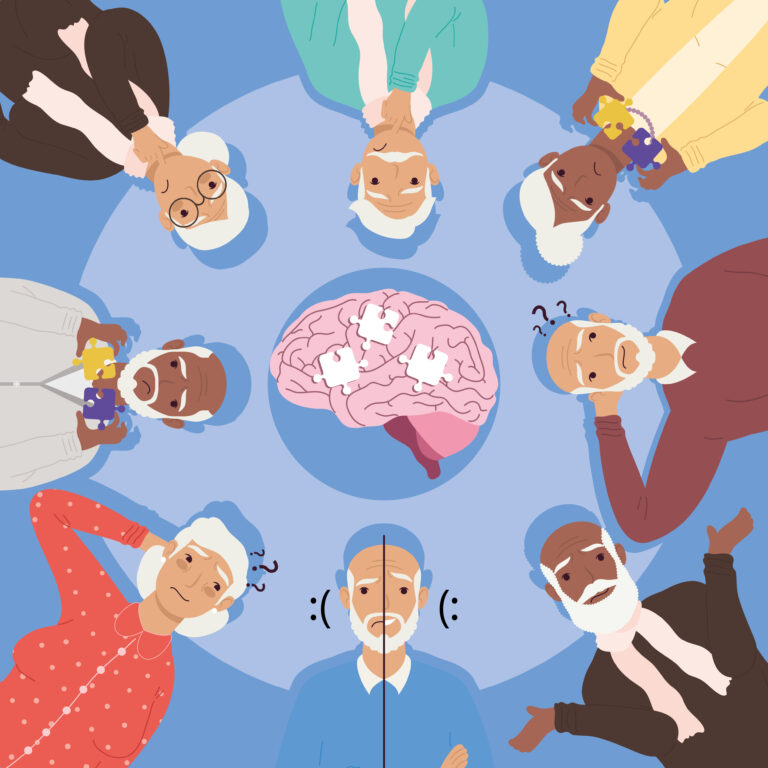### How Stress Affects Memory and Cognitive Function
Stress is a natural response to challenges, but when it becomes chronic, it can have serious effects on our brain and body. One of the most significant impacts of stress is on our memory and cognitive function. Let’s explore how stress affects these critical aspects of our brain.
#### The Brain’s Response to Stress
When we experience stress, our body releases stress hormones like cortisol. These hormones prepare our body to either fight or flee from the threat. However, this response is not limited to just our physical body; it also affects our brain. The brain’s stress response involves the activation of the amygdala, a part of the limbic system that processes emotions like fear and anxiety. When the amygdala is over-activated, it can block new sensory information from reaching the memory and association circuits in the brain[1].
#### The Affective Filter
This over-activation of the amygdala creates what is known as the “affective filter.” This filter prevents new information from being processed and stored in the brain, making it difficult for us to learn and remember new things. Imagine trying to study for a test while feeling anxious or overwhelmed. The information just doesn’t stick because your brain is too busy dealing with the stress[1].
#### Impact on Memory
Stress not only blocks new information but also affects how we recall memories. Research has shown that stress can impair memory by reducing the volume of gray matter in areas of the brain responsible for memory and learning. This means that under stress, we might find it harder to remember important details or recall past events accurately[5].
#### Cognitive Function
Cognitive function includes tasks like problem-solving, decision-making, and planning. Chronic stress can compromise these functions by weakening the prefrontal cortex, the part of the brain responsible for executive functions. When we’re under financial stress, for example, our ability to make rational decisions or plan for the future can be significantly impaired. We might find ourselves making impulsive choices or struggling to manage our resources effectively[5].
#### Financial Stress and Cognitive Decline
Financial stress is a common source of chronic stress. It can lead to a heightened state of anxiety, which triggers the release of stress hormones like cortisol. These hormones interfere with memory and cognitive function, making it harder to focus on other important tasks. Financial stress can also reduce the volume of gray matter in areas of the brain responsible for memory and learning, increasing the likelihood of errors and cognitive biases[5].
#### Breaking the Cycle
While it’s clear that stress can have a negative impact on memory and cognitive function, there is hope. By managing stress effectively, we can improve our brain’s ability to function efficiently. This includes practices like mindfulness, exercise, and seeking support from loved ones or professionals. Breaking down larger financial goals into smaller, more manageable tasks can also help alleviate financial stress and improve decision-making[5].
In conclusion, stress is a significant factor in how well we remember and think. By understanding how stress affects our brain and taking steps to manage it, we can protect our cognitive abilities and improve our overall well-being. Remember, taking care of your brain is crucial for making thoughtful decisions and navigating life’s challenges effectively.




